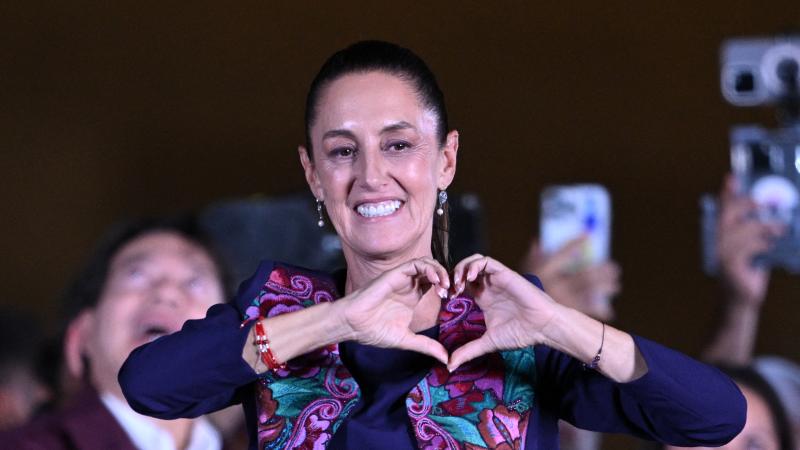California expands conservatorship to get more homeless in mandated treatment
SB 43 passed without any opposing votes and is part of a broader package of bills spearheaded by Newsom to increase the availability and use of mental health and addiction treatment to get more of California’s homeless off the streets.
California governor Gavin Newsom signed a bill into law that expands the definition of “gravely disabled” to cover not just mental illness, but also substance use disorder and those “unable to provide for their personal safety or necessary medical care” to get more homeless individuals into state-mandated treatment programs.
SB 43, authored by State Senator Susan Eggman, D-Stockton, reforms the Lanterman-Petris-Short Act of 1967, a bipartisan bill signed into law by then-governor Ronald Reagan and passed by a Democratic legislature to reduce involuntary mental health commitment of Californians at a time when “warehousing” of the mentally ill into ill-equipped mental health hospitals was the norm.
“The LPS Act was adopted at a time when public policy was essentially to warehouse people that were mentally ill. The Act established strong and important civil liberty protections to ensure individual rights are protected. Like many things that are decades old, it has long been time to make some adjustments to the law to address the realities we are seeing today on our streets,” Eggman said in a public statement celebrating the law’s adoption. “SB 43 maintains the strong due process protections provided in the LPS Act, while expanding the criteria for making a “gravely disabled” determination, so that the most severely ill can get the help they need and the dignity they deserve.”
Under the new law, those identified by police or qualified individuals as dangers to themselves, others, or even as unable to provide themselves with a basic level of food, clothing and shelter, as demonstrated by an individual’s “gravely disabled” level of mental illness or addiction, can be put under conservatorship be forced into mental health or addiction treatment.
“Updating conservatorship laws and increasing transparency will provide county mental health departments, courts, family members, clinicians, and people with serious mental illnesses and substance use disorders a more effective approach for delivering last-resort behavioral health care,” wrote the governor’s office in an announcement noting his signing of the bill.
Those identified as “gravely disabled” will be held in mental health facilities for up to 72 hours for evaluation, after which a longer 14 day hold can be carried out. For this second hold, individuals must receive court hearings within four days of receiving this hold to ensure due process. If this second hold is maintained in court, a temporary and, later, more long-term conservatorship can be initiated by the state.
This measure is targeted at the state’s homeless population and those on the verge of becoming homeless due to any of the aforementioned issues, and would cost the state in the “low hundreds of millions of dollars” to administer as a program, while the new care would cost in the “high hundreds of millions of dollars.”
Broad Democratic coalitions both opposed and supported the law, with city and mental health organizations such as the Big City Mayors Coalition, Psychiatric Physicians, Alliance of California, California State Association of Psychiatrists, and the National Alliance on Mental Illness co-sponsoring the bill.
“Treatments for mental illness can be wonderfully effective, but our laws often prevent us from providing them to individuals who are at mortal risk on our streets,” said Psychiatric Physicians Alliance of California President Ron Thurston, M.D., in a public statement on the law’s adoption. “SB 43 will help us provide life saving care.”
Meanwhile, the coalition opposing the law, which included ACLU California Action, Disability Rights California, and Western Center on Law and Poverty, claim it will “perpetuate health disparities, disproportionately burdening the unhoused and Black, Indigenous, people of color (BIPOC) and immigrant racial minorities,” “traumatize individual patients and undermine public health policy by causing patients to distrust behavioral health systems,” and “cause the unnecessary institutionalization of people with disabilities in violation of the [Americans With Disabilities Act].”
SB 43 passed without any opposing votes and is part of a broader package of bills spearheaded by Newsom to increase the availability and use of mental health and addiction treatment to get more of California’s homeless off the streets.













